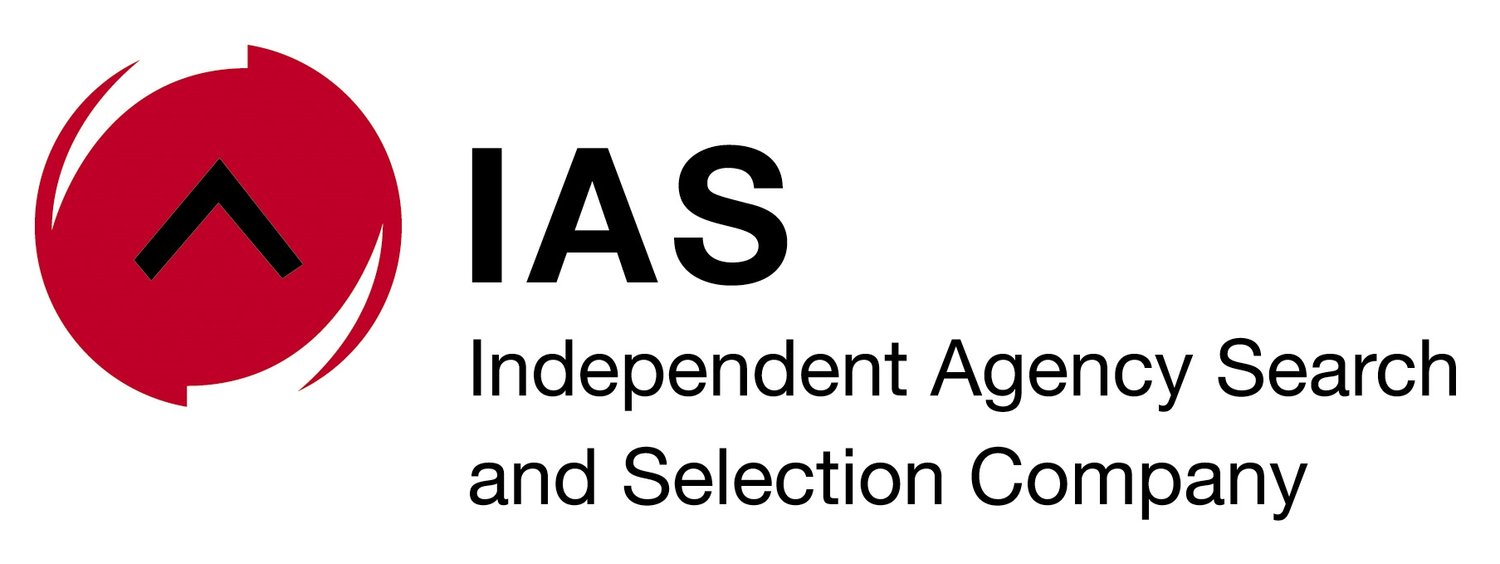In this article, I take a look at how intermediaries are assisting with good solid handovers at the end of the pitch process during the Covid period - and succeeding virtually and effectively...
Where a new agency is appointed by the client, the outgoing agency must undertake a proper handover of all the work they have completed for the client. And this is where the intermediary’s audit begins. Both the client and the new agency will be counting on a robust appraisal that will enable them to take up the new account quickly and seamlessly.
With the protocols demanded by Covid in an industry that can’t put operations on hold, intermediaries are far more involved than ever before in every area of the transition. Preparations for these discussions are critical, and planning must include the finest detail to ensure transparency and legal compliance.
Since virtual became the new boardroom, intermediaries have found adapting to online meetings both easier and more difficult. One such tight-rope walk is the agency handover process.
Skills to manage the quality of handover
The real work for intermediaries is managing expectations and keeping relationships on track, resulting in a quality handover. Any handover requires a foundation, a starting point that brings transparency to the whole process. It begins with the audit.
All the data pertaining to the outgoing agency and the client must be collated and backed up to a hard drive or to the cloud. A misstep here can result in dirty data, creating problems down the line.
It takes great skill to understand and moderate this very sensitive process for all, especially where the agency handing over is likely to be busy looking for new opportunities or – at worst – having to lay staff off. The incoming agency wants to familiarise themselves quickly, but is wholly reliant on the outgoing agency and the client working together.
Also, the client is likely to want to brief the new agency on new work. There is a pent up demand, as most marketers would have held off new briefings until the newly-appointed agency is on board.
Narrow down any potential margin of error
Financial documentation must be checked and referenced, and it’s the intermediary’s job to ensure clean, quality data. The IAS, for example, has a specific formula for handovers which narrows any potential margin of error and ensures the quickest possible process. Included in this important documentation is the assurance that the previous agency has been paid, and whether credit notes are settled. Closing off a relationship with complete financial transparency between the parties is key.
The process can take several months and quality will result in issues that will have lasting effects on the various relationships. Paradoxically, these lasting effects can be very good – or just the opposite.
Aside from the traditional – and vital – processes, planning must go into ensuring all parties are able to deliver their goods at the same time in the same cyberspace, with the intermediary creating a space where compassion for the outgoing agency meets the enthusiasm of the incoming, and the client is kept abreast of every stage.
This can sometimes take anywhere from three months upwards, depending on how ready and willing all parties are to commit to the audit and the process it underpins. The intermediary’s business acumen and people skills must prepare us for all eventualities – especially in the ether that is MS Teams.
Fortunately, it appears that intermediaries were quick off the mark when taking their skills online as Covid 19 hit, and all parties in any handover are placing more and more trust in them and their ability to be the non-partial knowledge provider.
It’s also apparent that, while some will go back to face-to-face negotiations, many have found online saves time, and its ability to record all discussions a plus in total recall of the process.
You may also be interested in

